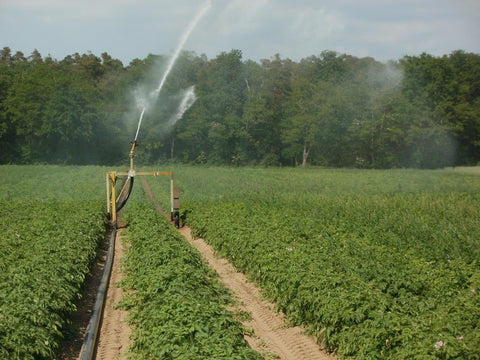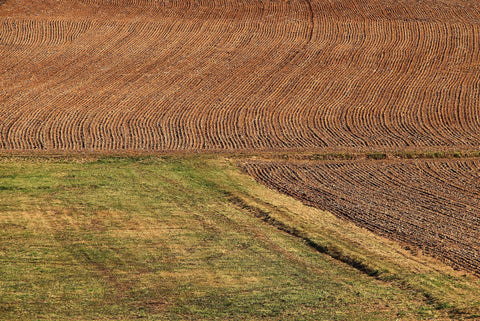Responsible farming lies in cultivating the land in harmony with nature, ensuring natural practices, and supporting local communities and farmers.
This means adopting methods that preserve soil health, conserve water, and protect biodiversity, while minimizing the use of harmful chemicals. Responsible farming also involves ethical treatment of fair labor practices, ensuring that all participants in the farming process are respected and fairly compensated. By focusing on these principles, responsible farming not only produces healthier food but also contributes to the well-being of the environment and society as a whole.

In the domain of agriculture, responsible farming practices are paramount not only for environmental sustainability but also for ensuring the quality of the products we consume. When it comes to nuts and seeds, the focus should extend beyond the bureaucracy of eco-labels to embrace natural methods that truly minimize environmental impact while preserving product excellence.
At the heart of responsible farming lies a commitment to nurturing the land and ecosystems upon which our crops depend. Rather than relying solely on eco-labels, which can sometimes become entangled in bureaucratic processes, farmers can adopt holistic approaches that prioritize harmony with nature.
One such approach involves implementing natural farming methods that work together with the environment. This includes techniques like crop rotation, companion planting, and integrated pest management, which promote soil health, biodiversity, and resilience to pests and diseases. By fostering healthy ecosystems, these methods reduce the need for synthetic pesticides and fertilizers, thus minimizing environmental pollution and safeguarding wildlife habitats.

Moreover, natural farming methods contribute to the production of high-quality nuts and seeds. By nurturing nutrient-rich soils and cultivating plants in their natural environments, farmers can enhance the flavor, texture, and nutritional content of their products. This results in superior taste and health benefits for consumers, without compromising on sustainability.
In contrast, the reliance solely on eco-labels can sometimes lead to a disconnect between agricultural practices and environmental stewardship. While certifications have their place in promoting sustainability, they should not overshadow the fundamental principles of responsible farming. A farm may possess numerous eco-labels yet still rely heavily on conventional farming practices that degrade soil health, diminish biodiversity, and contribute to environmental degradation.

Therefore, the key lies in striking a balance between regulatory frameworks and practical, on-the-ground solutions. By encouraging farmers to prioritize natural methods over bureaucratic certifications, we can foster a culture of true environmental stewardship within the agricultural sector. In conclusion, responsible farming for nuts and seeds requires a holistic approach that goes beyond the confines of eco-labels. By embracing natural methods that prioritize environmental harmony and product quality, farmers can minimize their ecological footprint while producing nutritious, flavorful crops. Let's champion a farming ethos that respects nature, preserves biodiversity, and nourishes both the land and its inhabitants.





